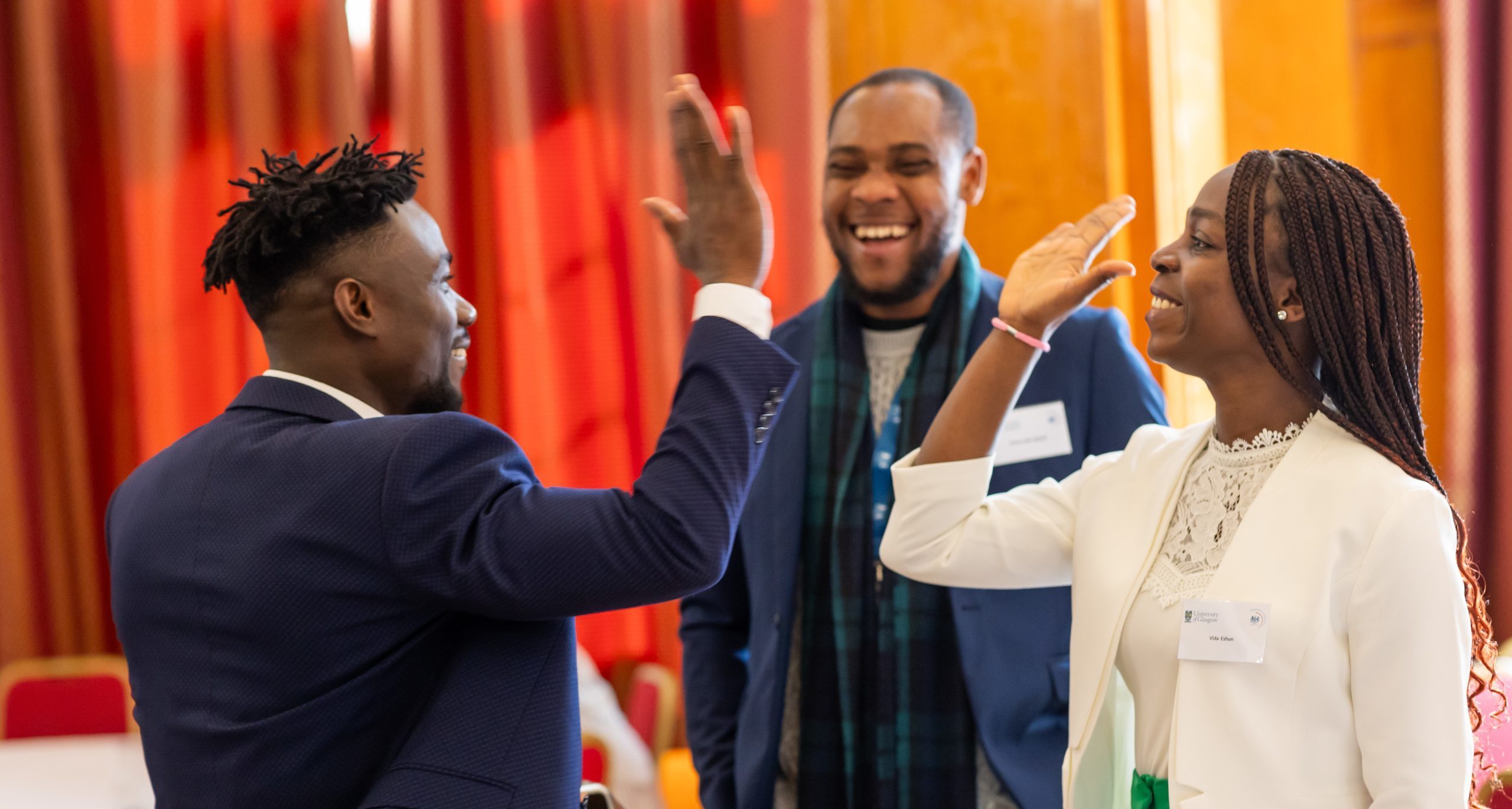
How to optimise your CV after your Chevening year
Finding a new role after returning home from your Chevening year can seem daunting. Here are four easy ways you can help your resume stand out to recruiters.

Any Chevening leader knows that great leadership is about so much more than just telling people what to do. Find out the top three skills Chevening alumni can develop to strengthen their leadership and advance their careers.
No matter how strong your technical skills are, every good leader needs to spend time developing their so-called ‘soft skills’. The ability to build meaningful relationships is key to every aspect of your career, especially when it comes to leadership.
An easy way to build meaningful relationships is to get involved in mentorship. Whether it’s through a scheme within your organisation, or an external community for professionals in your field, mentorship is a useful way to make new contacts and hear from different perspectives.
In addition to finding a career mentor, consider giving your time as a mentor for someone else too. Even if you are relatively junior in your field, you can still find someone who is one step behind you in their career and would benefit from your support.
If you’re not sure where to start with mentorship, consider reaching out to your local Chevening Alumni Association and enquire about any opportunities they may offer.
When starting out in leadership, it can be easy to assume that leaders work in isolation. The reality, however, couldn’t be further from the truth.
You can only lead others when your own cup is full, and it is crucial that leaders feel supported by the people around them.
Throughout your Chevening journey, you have likely built meaningful relationships with a wide variety of contacts. Don’t be afraid to call on these networks for guidance and support when you need it; whether it’s support during a difficult transition, or advice on how to deal with a problem you haven’t encountered before. You might be surprised by the response that you get when you raise your hand and admit you need help.
If you’re still in the process of developing these reliable networks, consider joining a Chevening Alumni Alliance Network relevant to your career field.
The biggest mistake a leader can make is assuming that there is nothing more they can learn in their field. Curiosity is a mindset that you can intentionally practice every day.
Here are some ideas on how to stay curious in your career:
The final tip is to stay curious about your own leadership journey – never stop learning, developing and sharing your strengths with others.
Read more Chevening professional development insights here.

Finding a new role after returning home from your Chevening year can seem daunting. Here are four easy ways you can help your resume stand out to recruiters.

From ChatGPT to the ethics of AI, the Chevening Alumni team has selected 6 free courses to help boost your skills in artificial intelligence.

No matter how carefully you plan your career, setbacks are inevitable. A job offer that falls through, a project that doesn’t deliver, or a promotion that goes to someone else, these moments can feel discouraging.